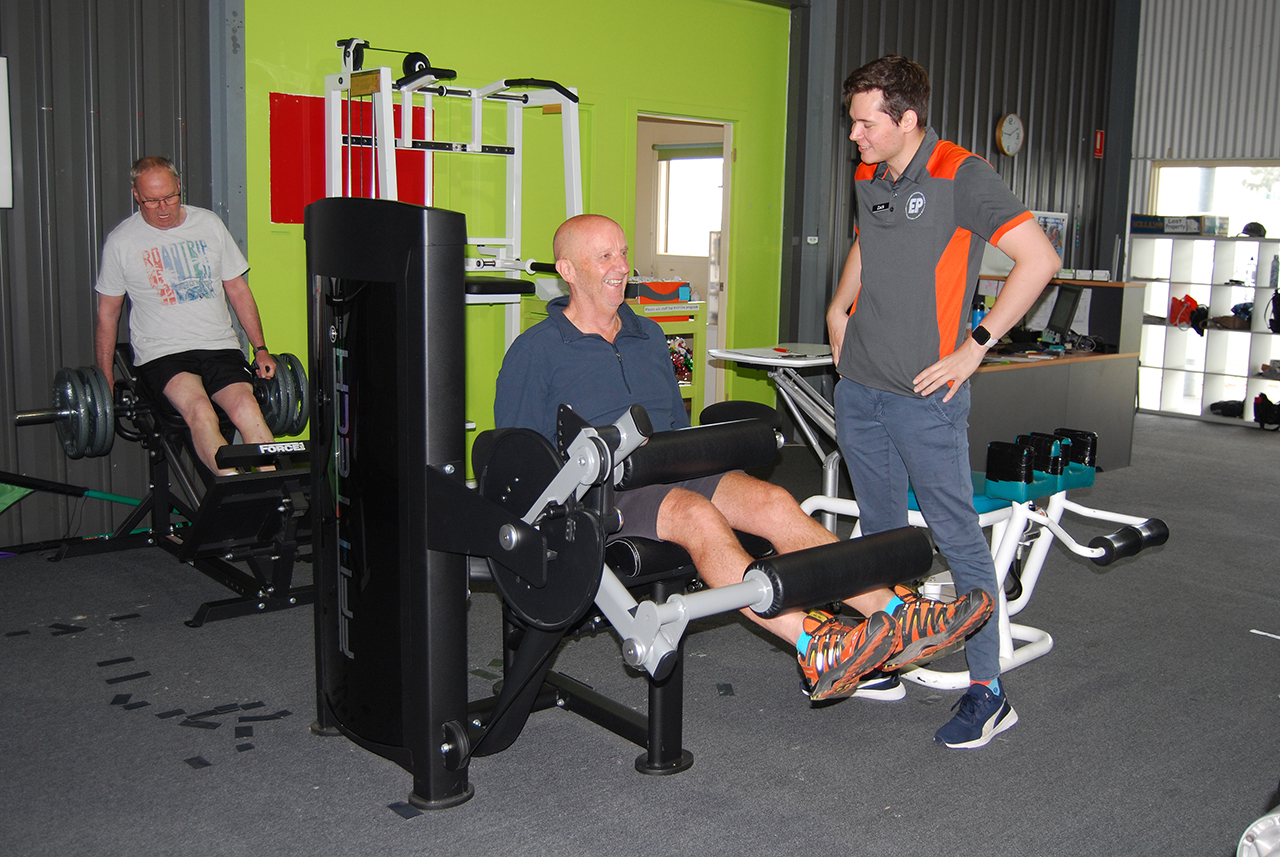Whether you’re a weekend warrior, aspiring athlete, or seasoned pro, understanding exercise physiology can unlock new levels of performance and recovery. This science-based discipline focuses on how the body responds and adapts to physical activity—making it a powerful tool for anyone looking to boost fitness, prevent injuries, and achieve peak performance.
In this guide, we’ll explore how exercise physiology enhances athletic ability at every fitness level, from beginner to elite, with insights that are both practical and personalized.
What is Exercise Physiology?
Exercise physiology is the study of the body’s responses to physical activity. It involves evaluating cardiovascular function, muscle performance, respiratory capacity, metabolic rate, and more.
Certified exercise physiologists use this data to:
- Analyze your current fitness level
- Create tailored training programs
- Improve performance safely
- Prevent injuries and aid recovery
The Science Behind Better Performance
Athletic performance isn’t just about training harder—it’s about training smarter. Here’s how exercise physiology helps:
1. Personalized Fitness Assessment
Using tests like VO₂ max, lactate threshold, and body composition analysis, exercise physiologists gain insights into how your body functions during physical activity. This information helps shape a training plan that aligns with your unique physiology.
2. Optimized Training Programs
No more guessing games. Exercise physiologists design structured workouts that focus on:
- Building endurance
- Increasing strength and power
- Enhancing flexibility and mobility
- Targeting specific athletic goals
3. Efficient Recovery and Injury Prevention
Through biomechanical analysis and muscle function tests, experts can:
- Identify weak areas
- Suggest corrective exercises
- Prevent overtraining and fatigue
This helps athletes bounce back faster and stay injury-free longer.
Key Benefits for Every Fitness Level
🏃 Beginners:
- Learn safe and effective movement techniques
- Improve cardiovascular health and stamina
- Build a solid foundation for lifelong fitness
🏋️ Intermediate Athletes:
- Break through plateaus with advanced training strategies
- Enhance muscular endurance and metabolic conditioning
- Correct form and reduce injury risks
🏆 Advanced & Competitive Athletes:
- Fine-tune techniques for peak performance
- Optimize training cycles with periodization
- Maximize energy output and recovery speed
Performance Metrics Used in Exercise Physiology
Understanding your body’s data leads to smarter training. Common performance metrics include:
| Metric | What It Measures | Why It Matters |
| VO₂ Max | Maximal oxygen consumption | Indicates aerobic endurance |
| Lactate Threshold | Point at which lactate builds in muscles | Helps optimize pacing and recovery |
| Resting Heart Rate | Heartbeats per minute at rest | Lower rates indicate better fitness |
| Body Composition | Ratio of fat to muscle | Helps tailor diet and strength programs |
| Flexibility & Mobility | Joint range of motion | Essential for athletic movement efficiency |
Exercise Physiology in Sports Training
From sprinters to swimmers, basketball players to bodybuilders—exercise physiology benefits all types of sports by:
- Enhancing coordination and motor skills
- Boosting muscular power and explosiveness
- Increasing anaerobic and aerobic capacity
- Managing fatigue and promoting muscle recovery
It’s not just about performance—it’s about sustainability. Athletes who train with physiological insights gain a competitive edge that lasts.
Real-Life Applications
- 🏃 A marathon runner improves pace by adjusting their VO₂ max training zones.
- 🏋️ A CrossFit athlete uses data to prevent overtraining during high-intensity weeks.
- ⚽ A soccer player refines agility drills based on muscle activation patterns.
Tips to Maximize Athletic Gains Using Exercise Physiology
✅ Work with a certified exercise physiologist
✅ Track your fitness metrics regularly
✅ Incorporate cross-training and rest days
✅ Use technology like heart rate monitors and fitness apps
✅ Focus on nutrition and hydration as part of the plan
Conclusion: Train Smarter, Perform Better
Exercise physiology is the missing link between effort and excellence. By understanding how your body reacts to exercise, you can train more effectively, recover faster, and reduce the risk of injury—regardless of your fitness level.


Leave a Reply